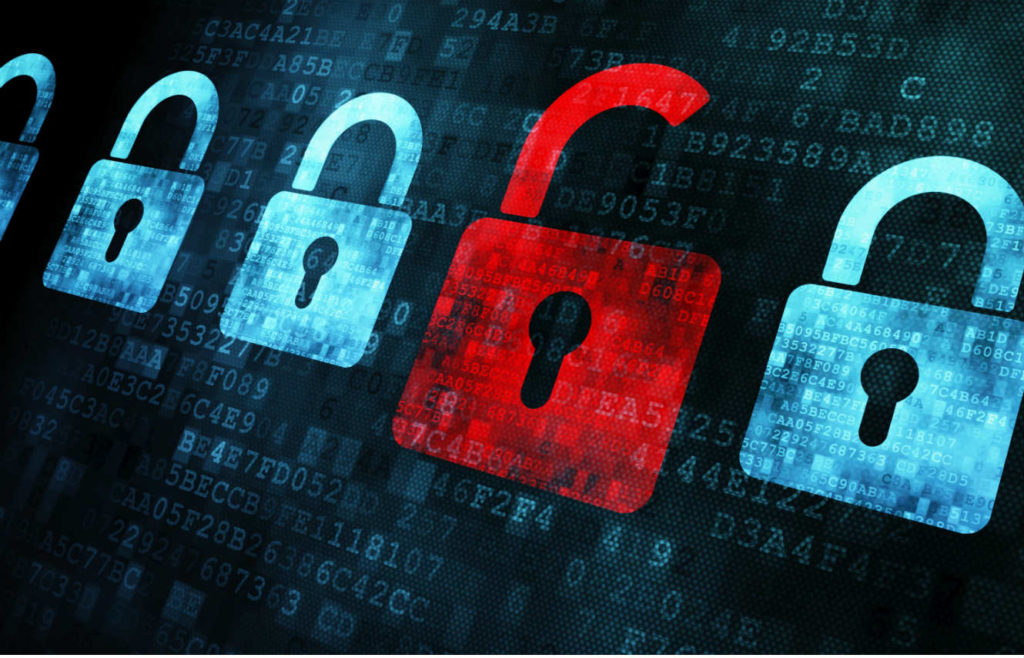Due to the ongoing Covid-19 pandemic, teleworking has become the norm. Following our previous teleworking tips post, this one aims to help first-comers, both people and organisations to keep safe. It is usually those, who are the prime targets of black hat hackers. In order to help foil their plans, we have comprised a list of 12 things that anyone can follow to boost up its cybersecurity level.
1. Do not trust the network. Even if it is your home/work network and especially if it is through WiFi. Make sure you are using https connections and/or a VPN.
2. Passwords are important. Use strong and unique passwords. Also use two factor authentication (SMS, Authenticator app, etc) whenever possible. And for God’s sake, your keyboard is not a piano, so please no sequential characters (e.g. QWERTY or 12345) in your password!
3. Do not give access to your cloud suite (o365, google apps etc), to third party apps or browser extensions unless you are absolutely certain of the vendor and you have the go-ahead from your system administrator/security officer.
4. Install an antivirus software everywhere! From your desktop to your smartwatch, every device that connects to the internet should be protected.
5. Be extra careful about the emails you receive these days. Everyone has more time in their hands, that includes malicious hackers. So be vigilant, phishing attacks are on the rise. Keep an eye on calendar meeting invites as well…
6. Backup your data on an external device that you will disconnect once the backup is completed.
7. Test your backups by performing restores and verifying that they include all your data and they are uncorrupted.
8. Run regular software/OS updates on all your devices.
9. If you are using a work laptop with sensitive data or if you have installed said sensitive data to your home PC, please be aware of your surfing habits. Avoid dodgy websites and never click on links from an unknown source. If you get a popup that you don’t understand what is asking you to do, the safest bet is to close it using the “X” on either the top right or left corner. If this is not possible, then click “No”.
10. Buy only from reliable sources, if a vendor is offering something that looks too good to be true then, I am sorry to tell you, it probably is.
11. Oh, and when you order things online it is safer to use credit cards than debit cards. Using Paypal/Stripe are always a good alternative, as they offer buyer protection for most of the transactions performed through them. For more tips about shopping online you can also check out this article about secure online shopping that we have posted in the past.
12. Some will not consider this final tip to be related to cybersecurity, but we beg to differ. Always keep your equipment physically safe, a hacker doesn’t have to hack your online account if they can steal your unprotected laptop or smartphone. So be careful with your equipment, and if possible, keep your data encrypted.
When we wrote the previous Cybersecurity Tips post the world looked like a scary place and sadly things haven’t changed much. But with the global scientific community focused in pawning this deadly virus we are currently seeing the light at the end of the tunnel. For now, be patient, follow the advice provided by epidemiologists and the WHO, and keep yourselves and your loved ones safe. If we all do that to the best of our abilities, 2021 will certainly be the year that our lives will go back to normal.

